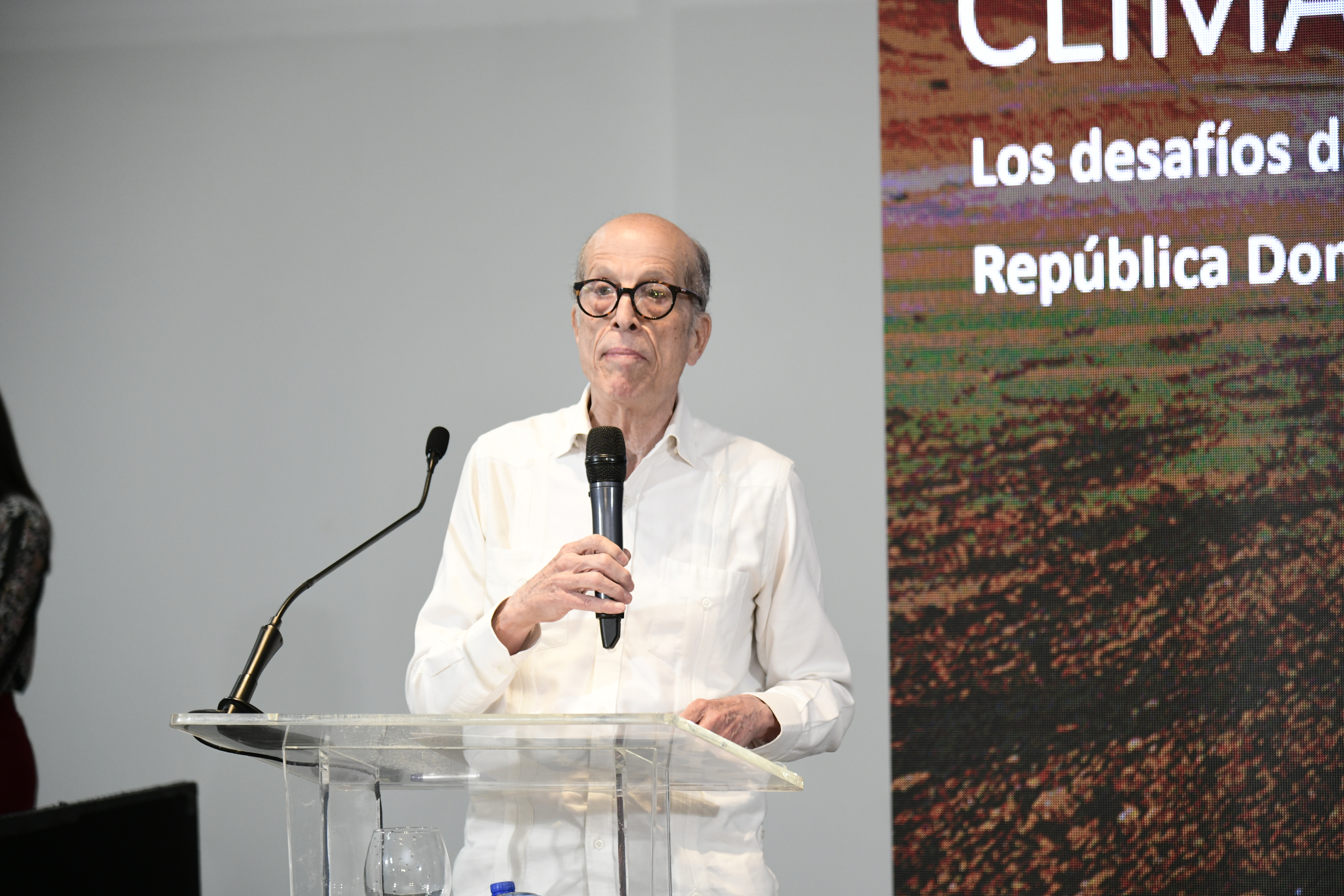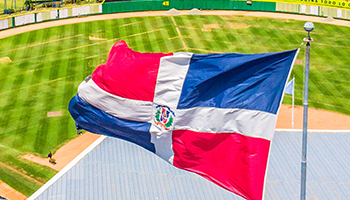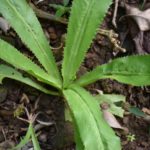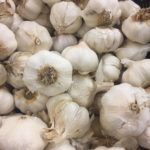Dominican Gastronomy is an Integral Part of the National Folklore

Santo Domingo, February 10, 2020 – Dominican gastronomy is a true mix of Indian, Spanish and African cultural influences. Through the years, and once adapted to what is now the Dominican Republic, the country’s true gastronomic history was developed. Unfortunately, opine gastronomic experts, many of the individuals that are involved in Dominican gastronomy today aren’t really aware of the roots of this particular cuisine, unique in the Caribbean.
“The chefs and cooks that today work in local restaurants and hotels in the country should know more about the origins of what we now consider our traditional dishes. If they did, they would use many of the original and natural ingredients that go into our most traditional dishes,” said Dominican folklore expert Xiomarita Pérez on National Folklore Day, held each year on February 10.
She also stated that the majority of the waiters that work in the country’s restaurants know very little about traditional Dominican dishes. She gave as an example that many cannot answer questions asked by tourists regarding some of the dishes they see in local menus. She strongly recommended that restaurant owners provide some training on Dominican cuisine, so that when asked by foreign visitors regarding a certain dish they will be able to give them some background on their origins.
Pérez, widely known in the country for her knowledge of local folklore, explained that it is through music, dance and gastronomy that culture reaches a sense of plenitude. These traditions are practiced on a daily basis, and the most important aspect is that Dominican gastronomy offers visitors a great diversity of dishes that are unique to the Dominican Republic.
February 10 was declared National Folklore Day by the country’s Executive Office through Decree 173-01. The day was chosen because it was the first time the term “folklore” was used in a newspaper article in Santiago, the country’s second largest city, in 1884.
From that date on the day was included in the Month of the Motherland, the month of February, which is also when local carnivals are held.

Related News
-

(Versión en español) Inauguración de la XII Feria Semana de la Geografía 2024
-

(Versión en español) Sector construcción dominicano reunido este fin de semana en la IV Expo Construcción Puerto Plata
-

(Versión en español) Médico Express será pionero en RD con certificación de excelencia para turismo médico
-

(Versión en español) Realizan premiere de la nueva película "Canta y no Llores", coproducción entre República Dominicana – España
-

Dominicanos en Grandes Ligas
Las ultimas noticias/novedades de lo que acontece con los Dominicanos en las Grandes Ligas durante toda la temporada 2019.





